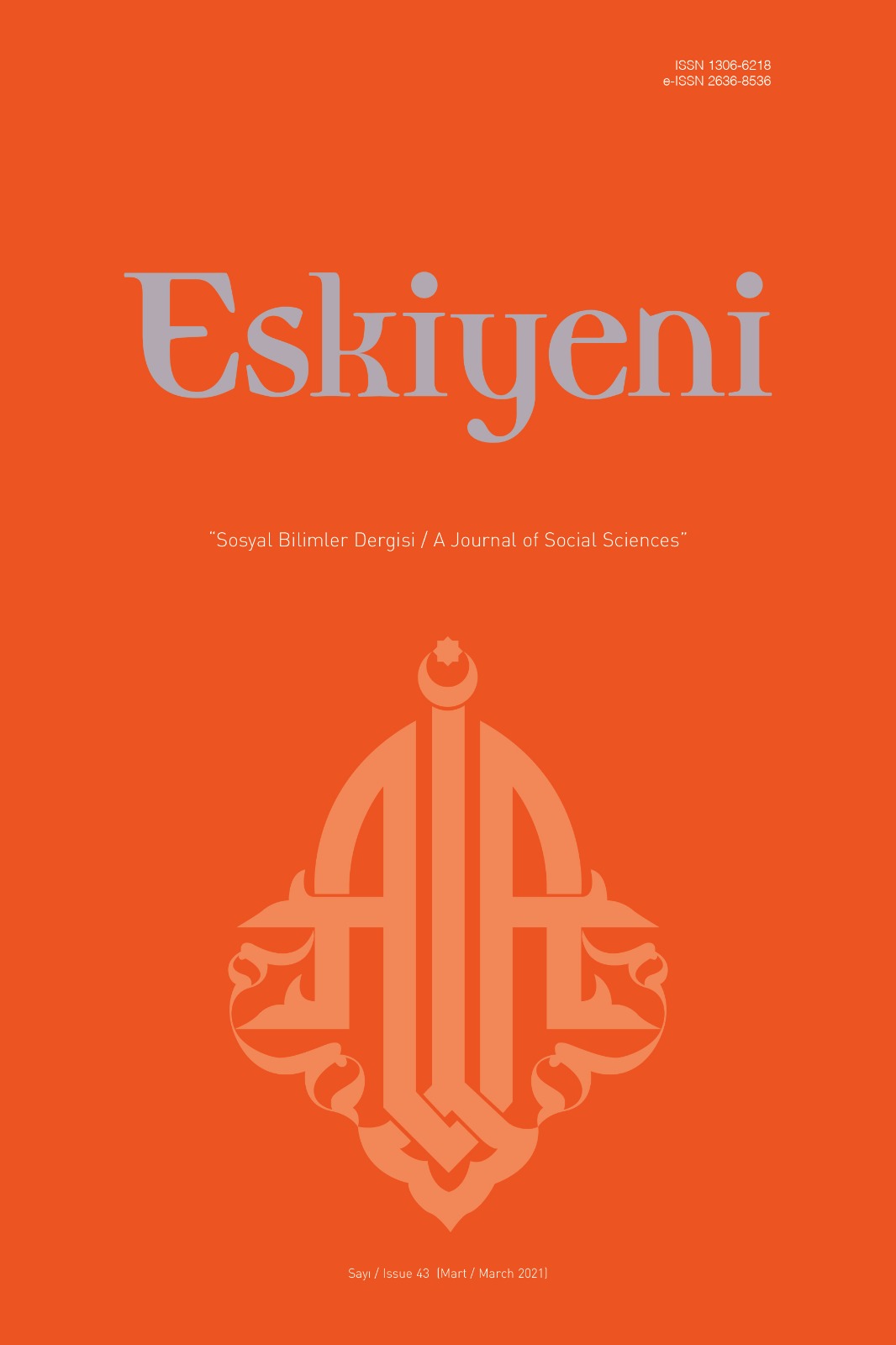Postmodern Dönemde Türkiye’de Sosyolojik Olarak Turizm-Din İlişkisi
Sociologically the Relationship Between Tourism and Religion in Turkey in the Postmodern Period
Author(s): Muhammed YamaçSubject(s): Theology and Religion, Tourism, Sociology of Religion
Published by: Anadolu İlahiyat Akademisi
Keywords: Sociology of Religion; Religion; Tourism; Postmodern Period; Turkey;
Summary/Abstract: Tourism is one of the space where religion gained visibility in the postmodern period. In this aspect, tourism in Turkey has important sociological content in terms of reflecting the public/social postmodernist view of religion. Religious tourism and Islamic holiday concept are the most dynamic examples of this visibility. Fort this reason, the relationship between tourism and religion is an important research sphere that needs to be studied from the point of view of sociology of religion. The research attempts to examine the relationship between tourism and religion in Turkey in the postmodern period. In this context, it tries to examine and make sense of what kind of changes and transformations religion and religiosity have undergone in the fields of tourism in the postmodern period. In this context; “what are the postmodern dimensions of the relationship between religion and tourism? What kinds of changes have emerged in the articulation of religion to tourism? In which fields of tourism and in what ways do these changes gaining visibility? How did tourism affect religion and religiosity in the postmodern era? What is the appearance of religion in tourism and what is its function in the postmodern process?” etc. focused on the problems. The study attempts to understand and make sense of this problem of the subject from a sociological of perspective. The research is based on the analysis of data/findigs obtained through indirect observation on documents that directly or indirectly examine the relationship between tourism and religion.The relationship between tourism and religion appears in two different views in Turkey, mainly in the form of “religious tourism” and “Islamic holiday”. In both tourism spaces, it comes to the fore in relation to religious motifs that differ with traditional life in the context of postmodernist tendencies and changes. At this point, both religious tourism and Islamic holidays carry important social indicators that embody the postmodern view in a section of religion and religious lifestyle (in daily practices). Due to this postmodern view, aspects and contents emerge in which a complex, paradoxical and comsumption-oriented style becomes clear in the daily life of the religious middle class. From this point of view, these touristic spaces in question offer the opportunity to depict both the relationship between tourism and religion, the attitude and behavior interaction between tourism and religiosity, and within this framework, the approach of the religious people to postmodern consumption practices with different aspects and dimensions. In this picture, religion, religiosity and consumption contain a public/social sphere intertwined. As part of religious tourism, in organizations of pilgrimage, umrah, visiting sacred places, etc., it can be observed that a postmodern trend that classesalizes/differentiates religious segments in the VIP/luxury type and divides them into rich-poor gradually increases their visibility in religious life. In the context of the Islamic holiday, it is seen that the all-inclusive (relatively Islamic) holiday type that encourages unlimited consumption in the five star (luxury) status, which stands out as an important aspect of integrating into the postmodern consumer society, becoming more widespread in the postmodern period. It this sense, it can be seen that the mentioned touristic spaces shape the religious (middle) class within the framework of the decisive of postmodern consumption. In addition, in this postmodernist touristic view, religion, religious values, symbols and concepts are marketized, alienated, commodified, instrumentalized with a legitimizing function and transformed into a consumption object in this sense as part of the global cultural industry. In this sense, religion, religious values, symbols and concepts are detached from their traditional structure and presented in an attractive way to the liking/benefit of religious people in a postmodernist view. This reveals new attitudes, situations or developments that are against the basic principles of Islam and traditional interpretations and practices. The postmodern view of both tourism field based on consumption, contradicts the perspective of waste (extravagance) that Islam describes as haram and the balanced (moderate) life it proposes. As a matter of fact, Islam advises the individual to avoid extremes in daily life and to lead a balanced lifestyle. It can be observed that the tension, conflict and paradox between religion and postmodernity increase when this balance is disrupted and commitment to the secular increases.As a decisive effect of the postmodernist consumption trend in the field of Islamic holiday and religious tourism, it is possible to accept the existence of a change in religion and religiosity in Turkey that will allow integration into the secular/capitalist system. However, this situation does not change the fact that in postmodern era, Islam preserves and maintains its importance and existence to a great extent with its new social/public view. As a matter of fact, despite the unlimited, insatiable and irresponsible consumption incentives of postmodern life practices/culture, religion continues to exist as the most important factor that draws attention to a simple, natural and contentious (abstemious) life and the transience of the world. In this sense, it can be said that religion contains the strongest system against the consumption and pleasure-oriented postmodernist tendencies and secular structures seen in tourism.
Journal: Eskiyeni
- Issue Year: 2021
- Issue No: 43
- Page Range: 237-267
- Page Count: 31
- Language: Turkish

